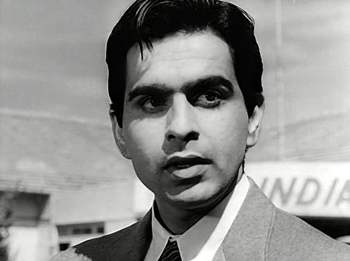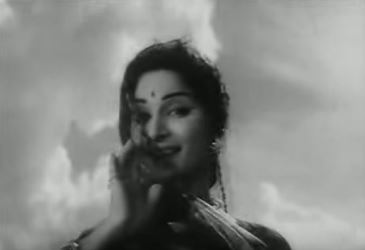A Gujarati film starring Sanjeev Kumar.
I am always keen to watch regional films starring people I’m familiar with from Hindi cinema. With (say) Bengali cinema, it’s not too difficult—so many Bengalis (Sharmila Tagore, Kishore Kumar, Biswajeet, Suchitra Sen, Mala Sinha, etc) were big names in Hindi cinema, and managed to do quite a bit of work in Bengali films too, many of which are subtitled. With Punjabi (which I understand enough of to be able to get the gist without having to rely on subtitles) it’s also satisfying, because Punjabi cinema seems to be pretty much completely populated by the same names one keeps running into in Hindi cinema: Nishi Kohli, IS Johar, Balraj Sahni, Prithviraj Kapoor, Indira Billi…
But to come to this: I stumbled upon Kalapi completely by accident, and immediately bookmarked it. Because a subtitled version is available on YouTube, here (though I must warn you, the subtitles are pretty bad), and because of Sanjeev Kumar, one of the greatest actors of Hindi cinema. Also, I am on an eternal quest to find old regional language films that are subtitled, and since I’d never watched a Gujarati film before, this would be a first for my blog.
Continue reading









